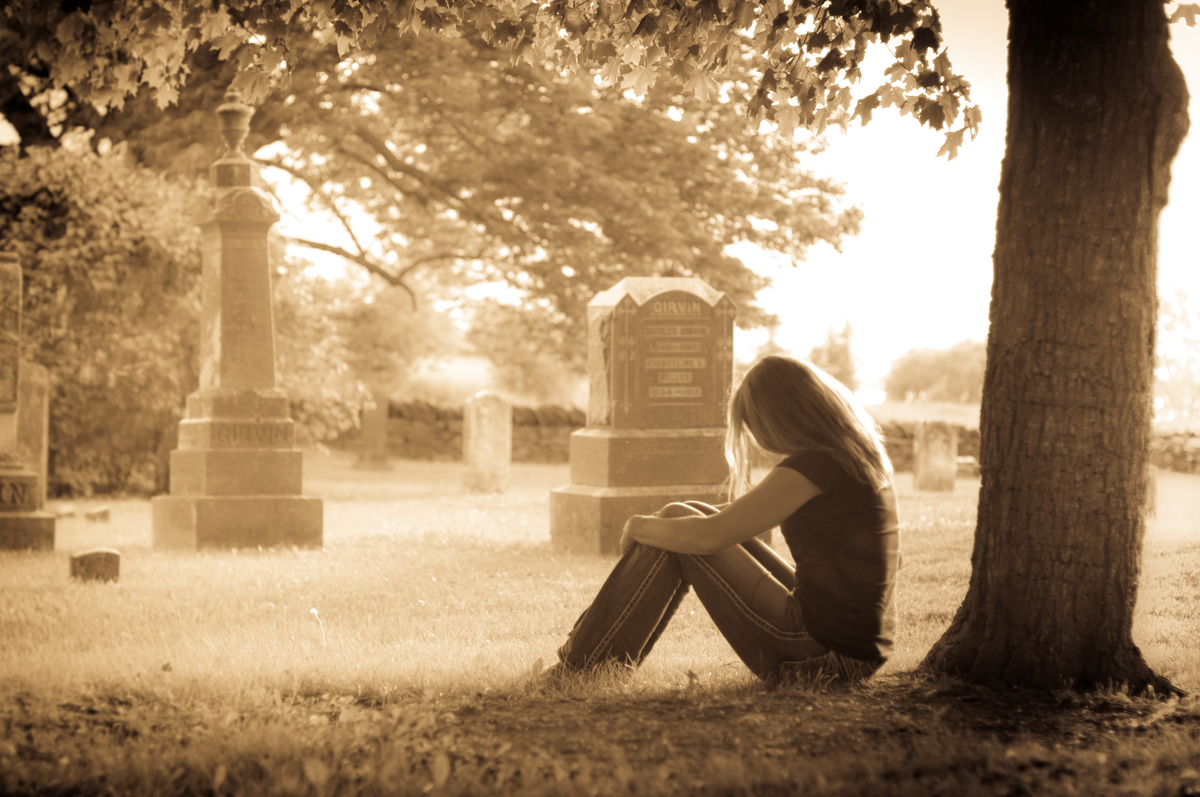In article 99 of his beautiful encyclical Evangelium Vitae (The Gospel of Life), St John Paul wrote:
I would now like to say a special word to women who have had an abortion. The Church is aware of the many factors which may have influenced your decision, and she does not doubt that in many cases it was a painful and even shattering decision. The wound in your heart may not yet have healed. Certainly, what happened was and remains terribly wrong. But do not give in to discouragement and do not lose hope. Try rather to understand what happened and face it honestly. If you have not already done so, give yourselves over with humility and trust to repentance. The Father of mercies is ready to give you his forgiveness and his peace in the Sacrament of Reconciliation. You will come to understand that nothing is definitively lost and you will also be able to ask forgiveness from your child, who is now living in the Lord. With the friendly and expert help and advice of other people, and as a result of your own painful experience, you can be among the most eloquent defenders of everyone's right to life. Through your commitment to life, whether by accepting the birth of other children or by welcoming and caring for those most in need of someone to be close to them, you will become promoters of a new way of looking at human life.
As St John Paul notes, forgiveness is always available. There have been plenty of examples where women and men have sought and obtained forgiveness and are now great apostles for the sanctity of life. I will give a few examples.
Abby Johnson not only had an abortion, she managed a Planned Parenthood abortion facility for several years. After she assisted with an ultrasound-guided abortion, she realised the horror of what she was doing and left the industry. She has since become a Catholic, is a strong pro-life advocate and founded And Then There Were None, a ministry to help abortion facility workers leave the industry. She has helped about 300 such workers.
Alveda King, the niece of Dr Martin Luther King, had two abortions, but her grand-father converted her to a pro-life position. She now works for Priests for Life in its outreach program for the black community.
Georgette Forney founded Anglicans for Life. She had an abortion when she was sixteen and tried to forget the experience for years. Eventually, she sought and obtained forgiveness. In Anglicans for Life, she promotes the sanctity of life and helps post-abortive women. She cofounded the Silent No More Awareness Campaign with Janet Morana of Priest for Life. This ministry helps women in their healing from abortion, and helps them share their experience and suffering.
Melissa Ohden provided a beautiful example of forgiveness. Melissa survived a late-term saline abortion. After over 30 years, she met her biological mother and forgave her and they became friends. It turned out that Melissa’s mother had been pressured to have the abortion by her mother, who was the nurse present when Melissa happened to be born alive. Fortunately, another nurse at the facility noticed that Melissa was alive and transferred her to an emergency ward.
Dorothy Day (1897-1980) lived a Bohemian lifestyle for many years. After she had an abortion, she thought she would be sterile but later had a child. Eventually, she converted to Catholicism and became involved in the Catholic Worker Movement. Her cause for beatification has been opened allowing her to be called Servant of God.
Fr. Stephen Imbarrato fathered twins as a young man, but did little to save their lives when his girl-friend chose to abort them. After seeking and receiving forgiveness for his lack of action, he was admitted to the seminary and ordained for the diocese of Santa Fe, New Mexico. He is a Priest Associate of Priests for Life and is a very strong advocate for the unborn.
The cases of Dorothy Day and Fr Imbarrato emphasize how the Church is happy to forgive post-abortive people.
Healing.
The abortion industry and some psychological experts argue that abortion has no negative effect on women. However, there is plenty of evidence to the contrary. I have heard the testimony of some women and read the testimony of others on the effect it has had.
There are several healing ministries for post-abortive women. I will mention a few.
Rachel’s Vineyard was founded by a young American woman, Dr. Theresa Burke in 1986. As a Master’s student, she was leading a discussing group of women with eating disorders. Six of the group of eight mentioned they had an abortion. She concluded that abortion was the cause of their problem. Further research led her to conclude that many post-abortive women suffer Post Traumatic Stress, a condition found in many soldiers. She describes the problems in her book, Forbidden Grief. This stress leads to much abnormal behaviour with depression and substance abuse being common.
As well as offering personal help to post-abortive women, she developed a Retreat Program for these women. This program is now offered in several countries, including Australia. An Interdenominational program from Rachel’s Vineyard is offered in Melbourne by Open Doors.
Theresa’s husband, Kevin, has developed programs to assist post-abortive men. Rachel’s Vineyard is supported by Priests for Life.
A Melbourne woman, Anne Lastman founded Victims of Abortion to help post-abortive women. This program has helped many such women. Anne does wonderful work, and has helped many women.
She produces a regular newsletter, Broken Branches, describing her work.
Conclusion.
The forgiveness of God is most obvious through the Sacrament of Reconciliation. However, many women find it difficult to forgive themselves. I met a woman, who was still suffering about forty years after an abortion. The work of Theresa Burke, Anne Lastman and others is invaluable.







